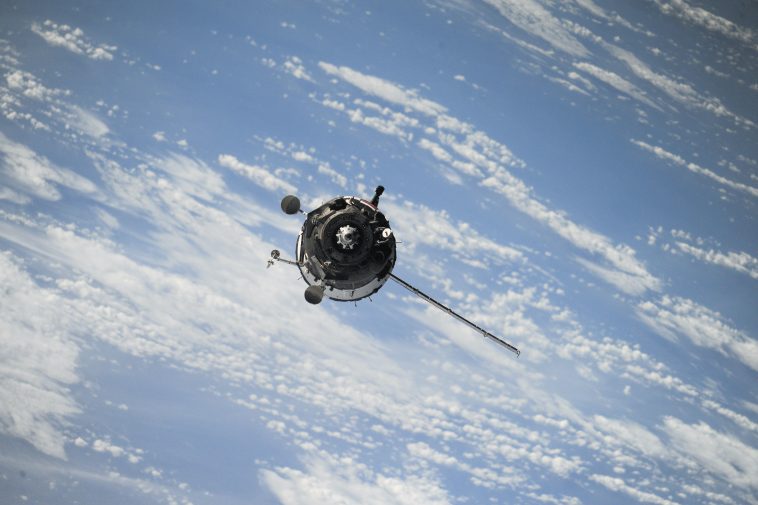Through the Egyptian Space Agency, the Africa Development Satellite Initiative, also known as AfDev-Sat, will present its prototype satellite at the 27th Conference of the Parties (COP) in Sharm El-Sheikh. This presentation comes after years of research
Egypt said it would show the prototype, which has been developing since 2019, at the next UN climate conference.
Ahmed Farag, head of the Space Committee of the Syndicate of Engineers, discussed these plans at a two-day engineers’ conference on October 22. He said that this new development would make it possible to use space technology to deal with climate change-related floods, droughts, and landslides.
The AfDev-Sat initiative brings together Ghana, Kenya, Uganda, Nigeria, Sudan, and Egypt as pilot countries to launch a satellite project that will help African countries track disasters, find signs of climate change, and keep an eye on agriculture and water resources. The Egyptian Space Agency is in charge of the AfDev-Sat project.
Egypt is also home to the African Space Agency, a part of the African Union. Its job is to promote, advise, and coordinate the development and use of space science and technology in Africa, to improve cooperation within and with other countries.
During a progress meeting in Cairo, the parties signed a working document on January 30, 2022. This was the most recent meeting of the parties. The paper says that “every startup will build each satellite subsystem in one of the participating countries.” The satellites will then be put together in Egypt.
According to projections provided by the Space Generation Advisory Council, African nations launched around 20 spacecraft between 2016 and 2020, bringing the total number of satellites to 41.
At least one satellite facility can be found in Nigeria, Egypt, So Algeria, South AfricaMorocco, Ghana, Sudan, Ethiopia, Angola, Kenya, Rwanda, and Mauritius.
In 1999, South Africa was the first country to launch a satellite that was produced on the continent successfully. It just launched three nanosatellites in January 2022 as part of the Maritime Domain Awareness Satellite (MDASat) program to use them to increase the safety of South Africa’s marine resources.
A Geospatial Information Science consultant for the World Food Programme in Southern and Eastern Africa, Ms Stella Chelangat Mutai, says that the continent “has a rich potential for using satellite technology to monitor climate.” especially since there are more talks about cooperation in space on both the national and international levels.”
“She informs Bird that significant institutions such as meteorological departments, digital earth Africa national space agencies, and the regional centre for resource mapping and development want to be involved in conversations about properly monitoring climate change in Africa.
Mutai believes that a satellite-based climate monitoring system for all of Africa can be made possible by building more capacity and making more international agreements for space-related resources.
The way space technology is used now needs to be reevaluated to fill gaps. It will ensure that the policies are streamlined to consider climate monitoring.
Space technology data capacity building has been a top priority for some critical continental units. On October 31, for example, the African Union Commission hosted a dialogue between Chinese astronauts and students of space technology from Egypt, Algeria, Senegal, Ethiopia, Nigeria, Namibia, Somalia, and South Africa.
At the event, Yang Jun, who was there on behalf of the Chinese Ambassador in Namibia, said that China and Namibia would work together to build a satellite digital-receiving ground station in Namibia.
Due to the extremely high costs associated with developing satellites, continental-level collaborations can also help facilitate the development of satellites designed explicitly for climate monitoring.
African Development Satellite Initiative and other such programs on the continent will promote the pooling of resources and enable sharing of information across the continent, in contrast to the previous practice of individual states working on their climate monitoring satellites. of risks.” Mutai said





